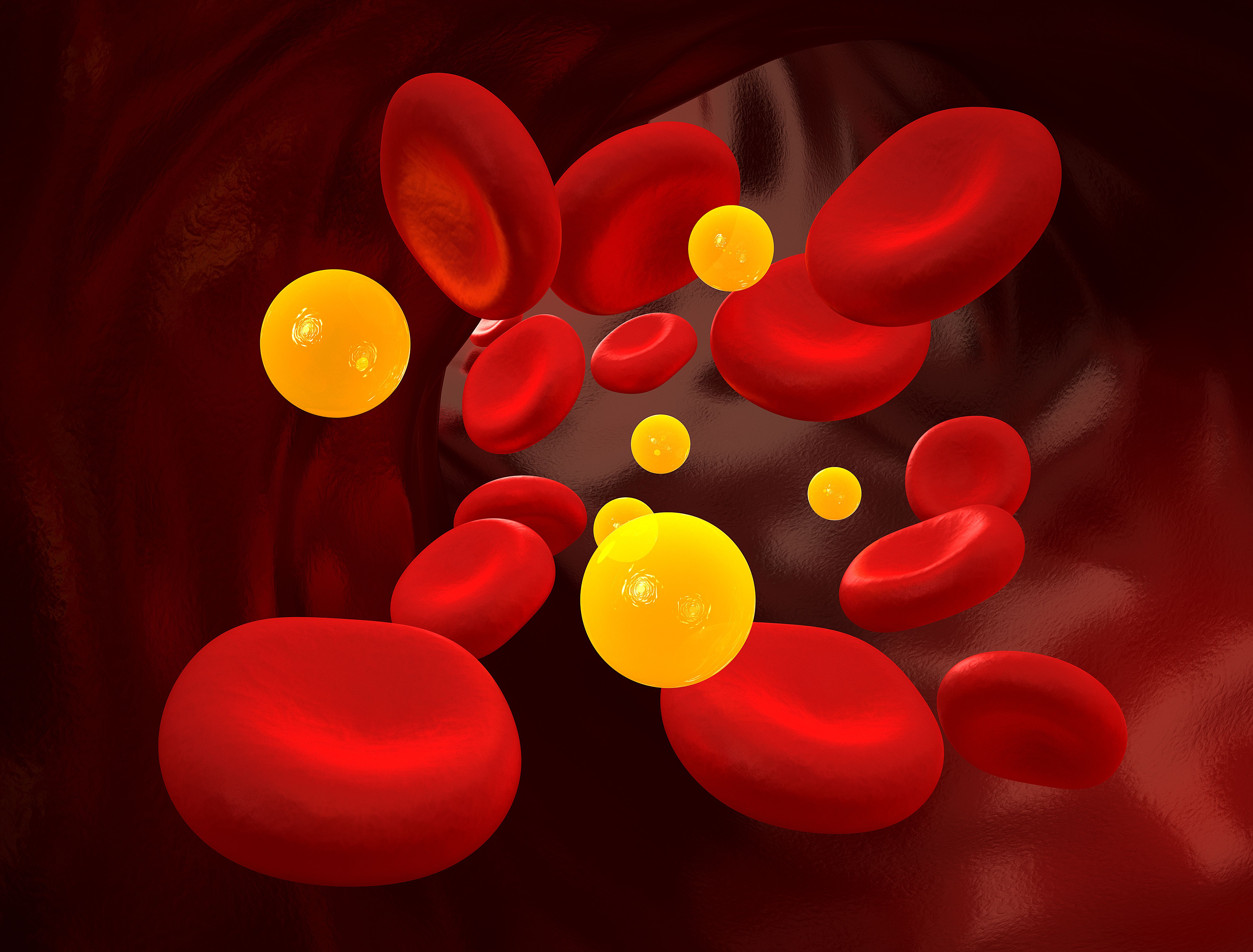Zerlasiran Further Cements Lp(a)-Lowering Potential in Phase 2 ALPACAR-360 Trial
Silence Therapeutics' announcement of topline data from the ALPACAR-360 trial shows promising results for zerlasiran in reducing Lp(a) levels.
Credit: Fotolia

Data from the ongoing ALPACAR-360 trial suggests zerlasiran, a short interfering RNA from Silence Therapeutics, is adding to the excitement surrounding the potential of both Lp(a)-lowering therapies in the therapeutic pipeline but also siRNA therapies in cardiovascular disease as a whole.
Formerly known as SLN360, the phase 2 topline results indicate the agent, which was examined in the phase 1 APOLLO trial, could inject itself into existing conversations surrounding the potential of siRNA therapies in various forms of cardiovascular diseases, such as inclisiran and patisiran, but particularly for Lp(a)-lowering, which had previously been primarily driven by advances surrounding olpasiran.1,2
“We are excited about the emerging phase 2 data, which are very consistent with phase 1 results and support a competitive profile for treating patients with high Lp(a),” said Steven Romano, MD, head of Research and Development at Silence.1 “We look forward to reviewing the 48-week data and advancing zerlasiran as a potential treatment to address this major unmet need in cardiovascular disease.”
Almost 2 years ago, zerlasiran was formally introduced to many at the American College of Cardiology 2022 annual scientific sessions when Steve Nissen, MD, of the Cleveland Clinic, presented the results of the phase 1 APOLLO trial. A single-dose study assessing the effects of the agent among otherwise healthy volunteers with an Lp(a) of 150 nmol/L or greater, results of the trial suggested those receiving zerlasiran in 300 mg and 600 mg doses experienced median maximal Lp(a) reductions of 96% and 98%, respectively. Additional analyses from the trial provided evidence suggesting median time-averaged reductions during 150 days of follow up exceeded 80% in 300 mg and 600 mg treatment groups.3
“Historically, we had nothing,” said Nissen, in an interview with HCPLive, following the presentation of APOLLO results at ACC 2022.3 “There’s 3 drugs in development: this is one of them, another one that’s in phase 3 used a different strategy, and there’s another one that’s a short-interfering RNA. So that’s 3 shots on goal. We hope that 1 of them ends up in the back of the net—maybe more than 1 of them.”
Building off the APOLLO trial, ALPACAR-360 is an ongoing phase 2 study launched in 2022, with the goal of enrolling 160 patients and randomizing them to zerlasiran 300 mg subcutaneously every 16 or 24 weeks, zerlasiran 450 mg every 24 weeks, or placebo therapy. In total, 178 patients were enrolled in the trial, with all participants having an Lp(a) of 125 nmol/L or greater and at high risk of ASCVD events at baseline.1,4
With the completion of enrollment announced by Silence Therapeutics in May 2023, the trial was designed with a 48-week double-blind treatment period, but includes up to 60 weeks in follow-up. The trial included multiple outcomes of interest, with time-averaged change in Lp(a) from baseline to week 36 serving as the primary outcome of interest. Secondary outcomes of interest included change in Lp(a) form baseline to week 48 and from baseline to week 60.1
Topline results from the ALPACAR-360 trial announced by Silence Therapeutics on March 13, 2024 indicate results were consistent int those in the phase 1 APOLLO trial, with zerlasiran associated with a significant reduction from baseline in Lp(a) compared to placebo to 36 weeks and a median percentage reduction in Lp(a) of 90% or greater were observed for both the 300 and 450 mg doses at week 36. According to the release, no new safety concerns were identified during this treatment period.1
According to their release, Silence Therapeutics plans to report topline 48-week data from the ALPACAR-360 study in Q2 2024.1
References:
- Silence Therapeutics. Silence Therapeutics Announces Positive Topline 36-Week Data from Ongoing Phase 2 Study of Zerlasiran in Patients with High Lipoprotein(a). Silence Therapeutics. March 13, 2024. Accessed March 18, 2024. https://silence-therapeutics.com/investors/press-releases/press-releases-details/2024/Silence-Therapeutics-Announces-Positive-Topline-36-Week-Data-from-Ongoing-Phase-2-Study-of-Zerlasiran-in-Patients-with-High-Lipoproteina/default.aspx.
- Padda IS, Mahtani AU, Parmar M. Small Interfering RNA (siRNA) Therapy. [Updated 2023 Jun 3]. In: StatPearls [Internet]. Treasure Island (FL): StatPearls Publishing; 2024 Jan-. Available from: https://www.ncbi.nlm.nih.gov/books/NBK580472/
- Kunzmann K. Short-interfering RNA infusion SLN360 lowers lp(a) in cardiovascular-risk patients. HCP Live. April 3, 2022. Accessed March 18, 2024. https://www.hcplive.com/view/short-interfering-rna-infusion-sln360-lowers-lpa-cardiovascular-risk-patients.
- Silence Therapeutics. Silence Therapeutics Completes Enrollment in Phase 2 Study of Zerlasiran (SLN360) in Subjects with Elevated Lipoprotein(a) at High Risk of Atherosclerotic Cardiovascular Disease Events. Silence Therapeutics. May 1, 2023. Accessed March 18, 2024. https://silence-therapeutics.com/investors/press-releases/press-releases-details/2023/Silence-Therapeutics-Completes-Enrollment-in-Phase-2-Study-of-Zerlasiran-SLN360-in-Subjects-with-Elevated-Lipoproteina-at-High-Risk-of-Atherosclerotic-Cardiovascular-Disease-Events/default.aspx.